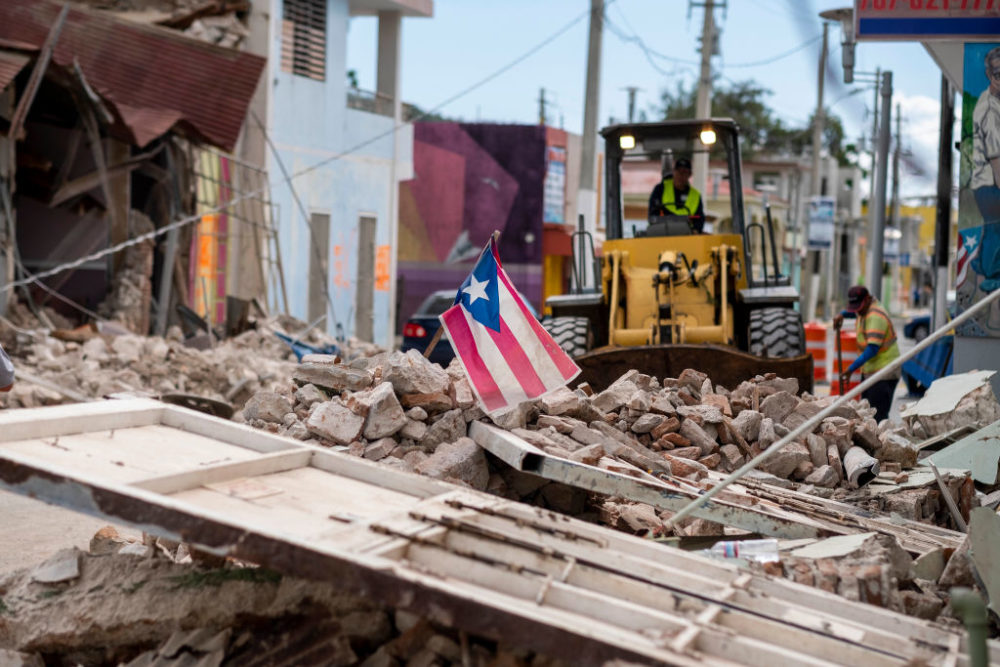
Why you should not go to Puerto Rico, please
Infection rates across the U.S. are soaring, and Puerto Rico’s tourism is not slowing down, causing the island to get infected at alarming amounts.
Are you planning to travel to Puerto Rico? Please don’t.
On July 16, the website Travel+Leisure posted an article titled “What to know if you’re traveling to Puerto Rico during COVID-19.”
Social media was quick to respond to the article refuting its recommendation to travel to the already troubled island.
Puerto Rico has suffered through multiple natural disasters. Most recently a series of earthquakes and Hurricane Maria, from which they have yet to fully recover the loss of power, food, and housing.
In the meantime, their government was also replaced amid massive protests, and now they are dealing with rising cases of the novel coronavirus.
Since the island is an unincorporated U.S. territory, it has not closed its borders to U.S. citizens or foreign nationals during the pandemic. People have been able to fly in and out of the small island with little more than a COVID-19 test before traveling.
Now there has been a spike in coronavirus cases, and it is due to the large number of people flying into the country that are asymptomatic and spreading the virus.
Puerto Rico’s Governor Wanda Vázquez also announced rollbacks on opening, limiting access to beaches, bars and casinos.
“We’ve reached a level where we need to take more restrictive measures,” she said.
RELATED CONTENT
However, if you travel to the island and produce a negative COVID-19 test, within 72 hours prior to your arrival, you will not need to quarantine.
If you do not have the test results available and refuse to take one, you will be required to quarantine for 14 days. If you wish to be released from quarantine, you will need to take a molecular test and alert government officials of the positive or negative test.

According to Dr. Jose Rodriguez Orengo, the executive director of the Puerto Rico Public Health Trust, since the end of June alone, the percentage of positive cases has increased 10-fold.
“If we don’t take the necessary measures, this is going to keep going up,” he told the AP.
In short, whether you have been tested and came out negative, please don’t visit. You’re causing much more damage than you can imagine.











LEAVE A COMMENT:
Join the discussion! Leave a comment.